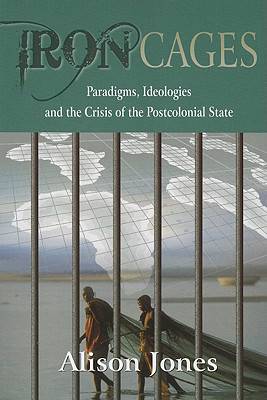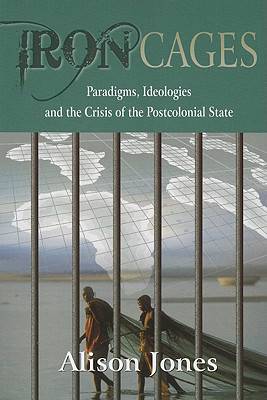
Je cadeautjes zeker op tijd in huis hebben voor de feestdagen? Kom langs in onze winkels en vind het perfecte geschenk!
- Afhalen na 1 uur in een winkel met voorraad
- Gratis thuislevering in België vanaf € 30
- Ruim aanbod met 7 miljoen producten
Je cadeautjes zeker op tijd in huis hebben voor de feestdagen? Kom langs in onze winkels en vind het perfecte geschenk!
- Afhalen na 1 uur in een winkel met voorraad
- Gratis thuislevering in België vanaf € 30
- Ruim aanbod met 7 miljoen producten
Zoeken
Iron Cages
Paradigms, Ideologies and the Crisis of the Postcolonial State
Paperback
€ 68,45
+ 136 punten
Omschrijving
Addresses the crisis of the postcolonial state by exploring the interaction between the iron cages of knowledge - of which social science paradigms are taken as emblematic - and lived worlds as experienced by 'ordinary' Africans. This book focuses on two paradigms in particular, modernisation theory and Marxism-Leninism.
Specificaties
Betrokkenen
- Uitgeverij:
Inhoud
- Aantal bladzijden:
- 256
Eigenschappen
- Productcode (EAN):
- 9781869141684
- Verschijningsdatum:
- 1/09/2009
- Uitvoering:
- Paperback

Alleen bij Standaard Boekhandel
+ 136 punten op je klantenkaart van Standaard Boekhandel
Beoordelingen
We publiceren alleen reviews die voldoen aan de voorwaarden voor reviews. Bekijk onze voorwaarden voor reviews.








